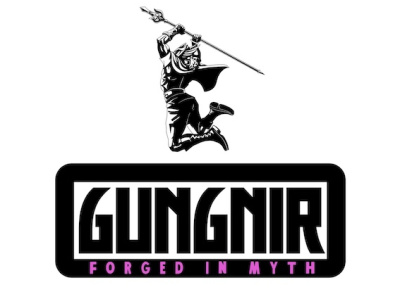Greetings from Johannesburg, South Africa, where the ICON Comics and Gaming Convention just wrapped up its 27th edition. ICON is the oldest pop culture convention in Africa and one of the oldest in the entire southern hemisphere, and this year’s event featured three days of panels, cosplay and announcements showing why this region is emerging as an area of focus for international events, arts and animation.
Modest event, dedicated fandom. Though South Africa is a country of about 56 million and presents as a developed economy relative to much of the world, disparities of wealth still persist more than a quarter century after the end of Apartheid. Only a small slice of the total population has disposable income for hobbies like gaming and collecting, and although interest in global pop culture is on the upswing thanks to the usual suspects (Marvel movies, anime, branded merchandise), the cohort that attends geeky comic and gaming events is still mostly – but by no means exclusively – white and middle class.
That said, ICON is such an established part of the geek culture here that many of the more than 4,000 attendees at this weekend’s show have been coming for years, prepared to fully participate in the activities and patronize the vendors and artists in the exhibit hall.
The show usually features one or two North American guests from the comics industry. Fantasy author Raymond Feist and writer/artist Jim Zub have attended in years past. This year featured veteran writer Ron Marz and yours truly, who was on hand to observe and report, advise convention organizers Les Allen and Grant Charlton on ways to extend the reach of the con, and to run lots and lots of panels over the weekend on subjects ranging from my pre-comics work on entrepreneurship in emerging economies to trends in the global pop culture business to the work of Will Eisner.
Expanding and professionalizing the programming tracts, which have not historically been a big part of conventions in this region, was a priority for ICON this year. I spent most of my time in the programming rooms and found the topics to be wide-ranging and the panelists’ expertise fascinating.
An animated conversation. As I arrived in South Africa last week, Netflix announced it has picked up its first animated series from Africa from South African studio Triggerfish, a girl-powered superhero show called Mama K’s Team 4. This marks the most conspicuous triumph for an industry that many are hoping will be an onramp for South Africa to join the global creative economy at a high level.
At ICON, I had the opportunity to talk to Nick Wilson, head of a for-profit social enterprise called the African Animation Network. AAN is the African partner of the Anecy animation festival and market, the launchpad for lots of new animation projects worldwide. Wilson laid out his vision of building the skills and connections to make South Africa, and Africa in general, a bigger player in the global industry, in partnership with folks like America’s Baboon Studios, India’s Toonz, and the Toon Boom software platform.
AAN sponsored a pitch competition at ICON, with the winners going straight through to the finals in France as the African regional representatives. The three entries announced at the show were Pixel’s Plan by Kate Wood (South Africa), Into the Odd by Moshood Shades Ridwan (Nigeria) and Flying Low by Sean Braam (South Africa).
Despite these successes, the effort to develop a local animation industry faces a number of obvious and non-obvious challenges. At one of the most fascinating panels of the convention, Isabella Rorke of Animation S.A. observed that African media does not support locally-produced animated content because it is so much cheaper to license foreign content from the US and Japan that has already earned most of its money in its home markets, and is consequently available for peanuts in Africa. Rorke’s organization is trying to change that dynamic by developing content that is uniquely African, reflecting the indigenous culture and free from the colonizing influences of Asian and Western-style material. She’s also working to improve the rigor of arts curricula in the black townships to train a cohort of talent capable of working to global standards.
Cosplay is king. ICON also hosts the regional finals of the World Championship of Cosplay, sending teams to the World Cosplay Summit held in July in Nagoya, Japan. Last year, the first-ever African team crowned in Johannesburg represented the continent with distinction, despite the handicap of having shorter preparation time than winners from other regions.
This year, to compensate for that issue, two winners were chosen – one going to the WCS in 2019, the other in 2020, coinciding with the Olympic Games in Tokyo. Nine teams competed under international rules for the two slots. The #1 team overall was Kinneko Cosplay (Tayla Barter and Genevieve Lesch), who chose to compete in 2019. Team Baba Yama (Anzel Schutz and Jessica Logie) will represent Africa in the 2020 event.
At the WCC event, convention chairman Les Allen also made another big announcement. In 2020, ICON will inaugurate the first-ever Pan African Pop Culture Awards, recognizing the finest work in comics, animation, game design and cosplay produced on the continent of Africa. Allen says he is seeking international sponsors and partners to showcase African talent on the world stage, and hopes the awards can put the spotlight on the quality of work emerging from this new global center of pop culture.
The opinions expressed in this column are solely those of the writer, and do not necessarily reflect the views of the editorial staff of ICv2.com.
Rob Salkowitz (@robsalk) is the author of Comic-Con and the Business of Pop Culture.
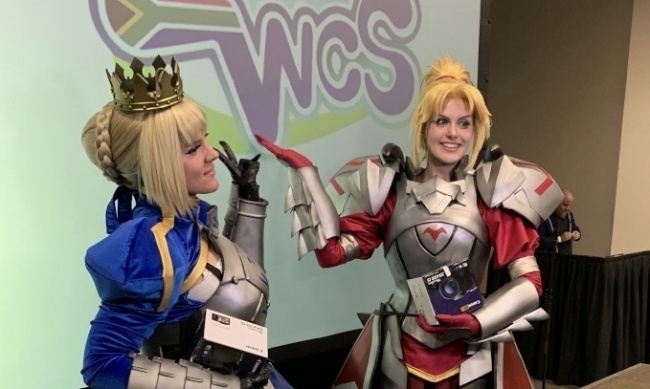
Column by Rob Salkowitz
Posted by Rob Salkowitz on April 22, 2019 @ 9:35 pm CT
MORE COMICS
Publisher Founded by Former Heavy Metal CEO to Expand with Three Imprints
August 15, 2025
The publisher, founded by former Heavy Metal CEO Michael Medney, will expand with three new imprints.
Madison, Wisconsin on August 10, 2025
August 15, 2025
We visited the large Barnes & Noble store in Madison, Wisconsin on a Sunday afternoon, and found manga and merch displays expanded.
MORE COLUMNS
Column by Scott Thorne
August 11, 2025
This week, columnist Scott Thorne notes a new twist in the Diamond Comic Distributors saga and shares his thoughts on the Gen Con releases that will make the biggest impacts.
Column by Jeffrey Dohm-Sanchez
August 7, 2025
ICv2 Managing Editor Jeffrey Dohm-Sanchez lays out the hotness of Gen Con 2025.




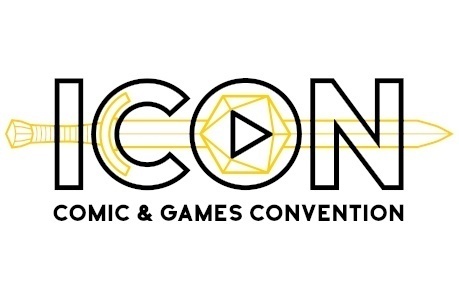
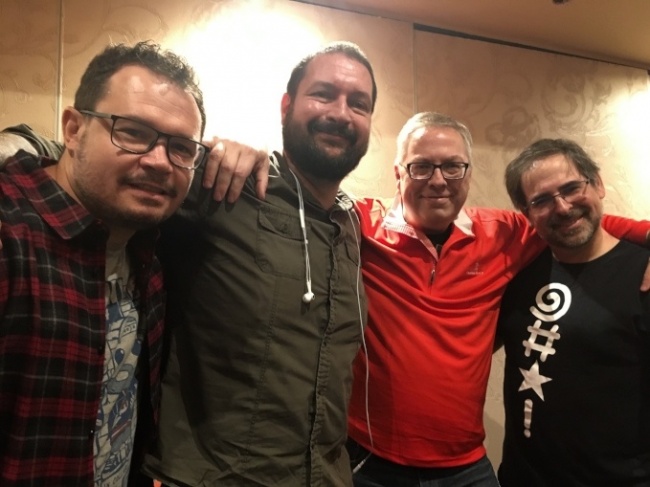
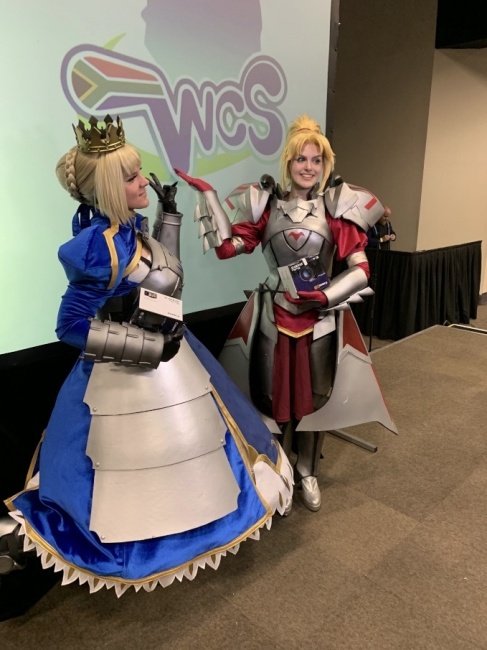
 View Gallery: 8 Images
View Gallery: 8 Images 